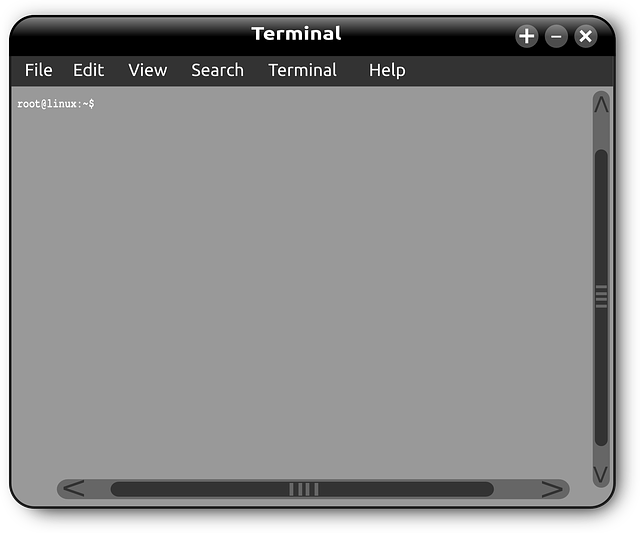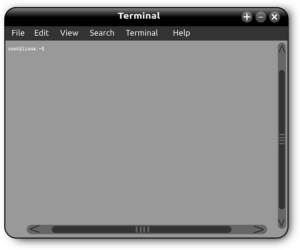Linux Administration plays a pivotal role in safeguarding data security, with a focus on managing sensitive information storage through strong user authentication, robust password policies, and multi-factor authentication for administrative access. Essential practices include carefully setting file system permissions to provide only the necessary access to sensitive data directories. Keeping Linux systems updated with timely security patches is crucial to protect against vulnerabilities. Regular monitoring of system logs and user activities aids in early detection of unauthorized access or potential breaches. Data encryption, both at rest and during transfer, using state-of-the-art algorithms is fundamental, complemented by tools like LUKS for additional disk encryption protection. Firewall configurations are necessary to maintain secure network environments by controlling traffic to essential ports only. These measures, when combined with regular security training for all users, create a comprehensive approach to data security on Linux platforms. Linux Administration is indispensable in modern cybersecurity due to its stability, comprehensive security features, and the open-source model that facilitates community-driven defense against cyber threats. By implementing advanced security configurations within Linux, organizations can significantly enhance their ability to protect sensitive information from cyber intrusions.
Secure platform for sensitive data storage is paramount in today’s digital landscape, where data breaches are increasingly common. This article delves into the robust nature of Linux as a secure platform for sensitive data storage, emphasizing essential administration practices that fortify data security. We explore the critical aspects of Linux administration, including implementing stringent access controls, user authentication mechanisms, and encryption techniques to safeguard data both at rest and in transit. Additionally, we cover the importance of timely updates and patch management, along with secure configurations of system services, to protect against vulnerabilities. For organizations looking to maintain compliance with strict data protection regulations, this article provides a comprehensive guide, including best practices for logging, monitoring, and auditing in Linux environments. We also examine strategies for ensuring data integrity and redundancy through advanced RAID configurations and backup solutions, ensuring that your sensitive data remains secure and resilient against potential threats. With insights drawn from real-world case studies, this article serves as an authoritative resource for administrators seeking to master the art of Linux administration for sensitive data storage.
- Best Practices in Linux Administration for Sensitive Data Storage Security
- – Importance of data security in sensitive data storage
Best Practices in Linux Administration for Sensitive Data Storage Security

In the realm of data security, Linux administration plays a pivotal role in safeguarding sensitive information, particularly when it comes to storage. Best practices in Linux administration for sensitive data storage security begin with implementing robust user authentication mechanisms. Ensuring that strong password policies are enforced and regularly updated is crucial. Additionally, multi-factor authentication should be mandated for all administrative access points. File system permissions must be meticulously managed; only necessary users should have access to sensitive data directories, and these permissions should be as restrictive as possible, adhering to the principle of least privilege.
Systems should be regularly patched and updated with the latest security patches to mitigate vulnerabilities that could be exploited by malicious actors. Regular audits of system logs and user activities are essential for detecting unauthorized access attempts or anomalies that may indicate a breach. Encryption is another cornerstone of data security; sensitive data should be encrypted at rest and in transit using industry-standard algorithms. For storage, employing tools like LUKS (Linux Unified Key Setup) for disk encryption ensures that even if a storage medium is physically compromised, the data remains unintelligible without the proper decryption keys. Additionally, Linux administrators should configure firewalls to filter incoming and outgoing traffic, limiting access to necessary ports only. These measures, when combined with regular security training and awareness for all users, form a comprehensive approach to maintaining the integrity and confidentiality of sensitive data storage on Linux systems.
– Importance of data security in sensitive data storage

In an era where data breaches and cyber-attacks are increasingly sophisticated, the secure platform for sensitive data storage has become a paramount concern for organizations across all sectors. Linux Administration plays a pivotal role in this domain, offering robust tools and techniques that facilitate the implementation of stringent security measures. Linux’s inherent stability, combined with its extensive array of security features such as access control lists, SELinux/AppArmor policies, and regular updates through package managers like APT or YUM, make it an ideal operating system for safeguarding sensitive information. With the integration of encryption technologies at various levels—from data at rest to data in transit—Linux Administration ensures that confidential data remains protected from unauthorized access. Moreover, the open-source nature of Linux allows for a transparent and community-driven approach to security enhancements, fostering a resilient ecosystem against emerging threats. By leveraging Linux Administration best practices and advanced security configurations, organizations can construct a fortified repository for sensitive data, thereby safeguarding their critical assets against potential cyber vulnerabilities.
In concluding, robust and secure Linux administration practices are indispensable for safeguarding sensitive data storage. The importance of implementing comprehensive security measures cannot be overstated, as it shields critical information from potential threats. By adhering to the best practices outlined in this article, organizations can fortify their data storage environments against unauthorized access and breaches. Establishing a secure platform through diligent Linux administration not only protects sensitive data but also upholds user trust and regulatory compliance. It is through consistent vigilance and adherence to security protocols that the integrity of sensitive data can be maintained in an ever-evolving digital landscape.


























